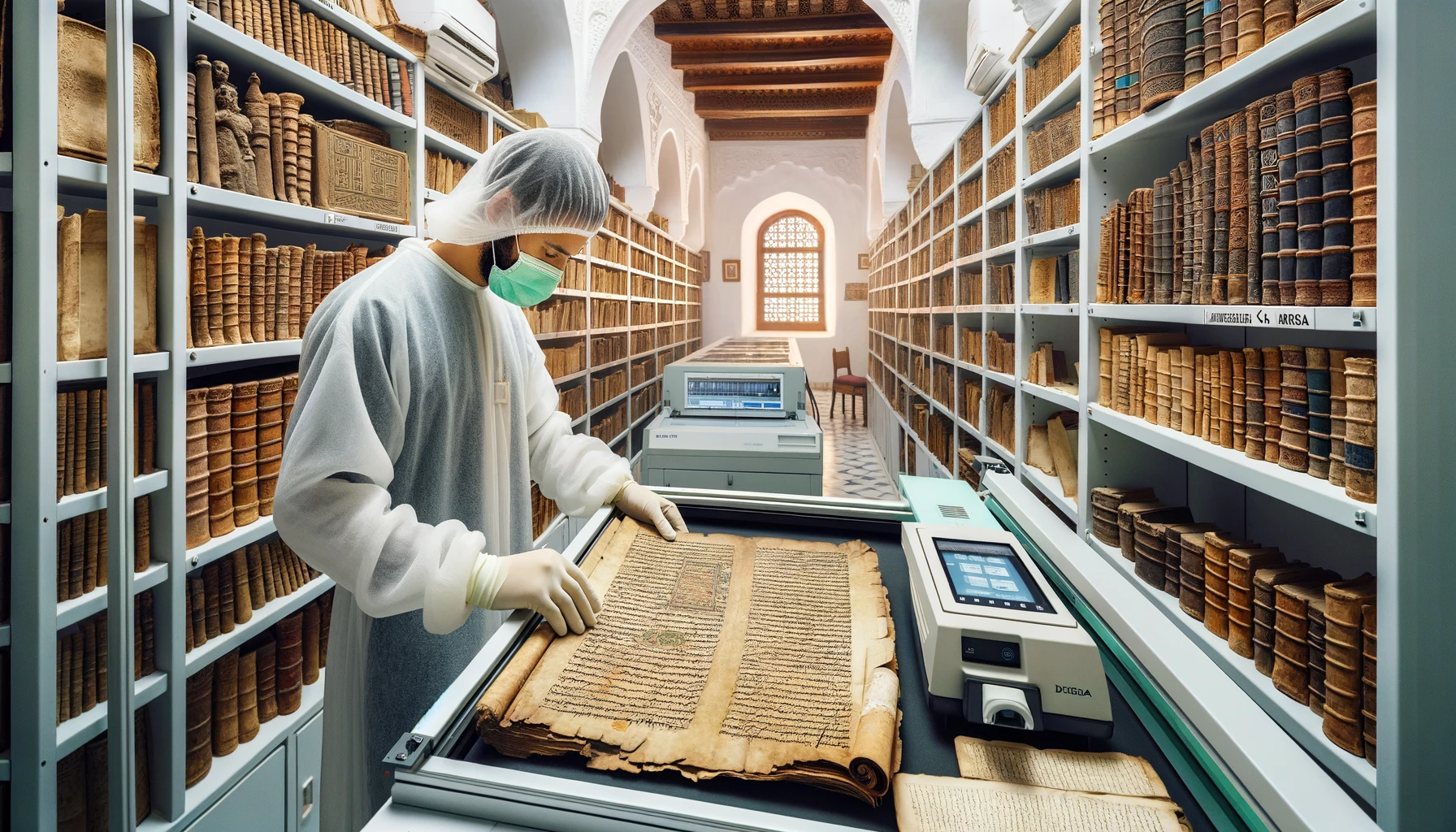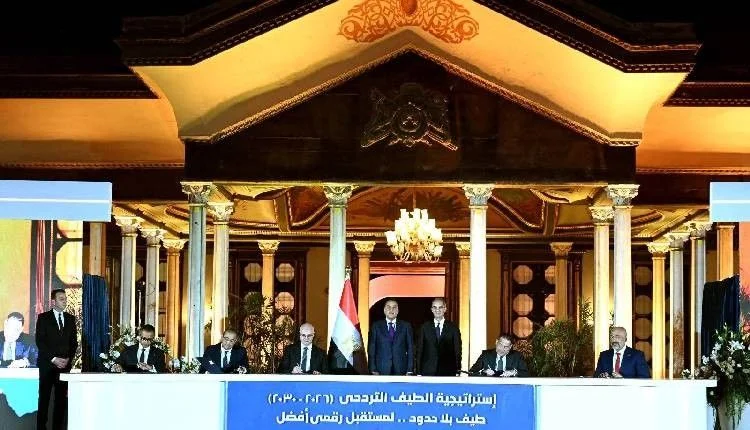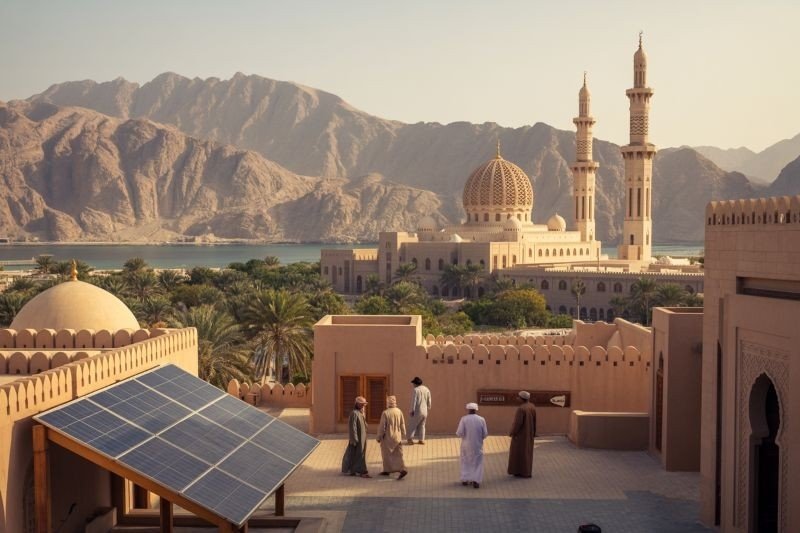The 74-year-old librarian and member of the Islamic offshoot Ibadism, has been leading his family’s six-generation library since the 1960s, racing against time to preserve Ibadi manuscripts.
“Look at what Djerba’s humidity has done to this one,” he said, holding a tarnished piece of paper inside a climate-controlled room.
Today, the library houses over 1,600 ancient Ibadi texts and books on various topics, including astrology and medicine, dating back to 1357. However, Barouni remains dedicated to gathering more literature, scattered for centuries among families practicing their faith in secrecy.
After a disagreement over succession following Prophet Muhammad’s death in 632 AD, Ibadis were labeled heretics and considered Kharijites, an early divergent branch of Islam. They fled to remote areas in modern-day Oman, Libya, Tunisia, and Algeria. In North Africa, they established a capital in Tihert, now Tiaret in Algeria, but were displaced by the Shiite Fatimid dynasty in the 10th century.
“In order to preserve their existence, Ibadis took refuge on the island of Djerba, in the Algerian desert, or in the inaccessible Nafusa mountains in Libya,” explained Zohair Tighlet, an author and expert on Ibadism. They had to choose between endless war and invisibility, using the latter for a cultural rebirth.
Today, most Ibadi manuscripts are held in family libraries, said Barouni. “All families in Djerba have libraries, but many manuscripts were sold or exchanged.”
In a small conservation room, weathered books are preserved with ozone generators to prevent mold. Manuscripts are dusted and scanned for digital copies, which Barouni believes is the only way to preserve them. Using Zinki, an AI software, he simplifies ancient writings, making them accessible to modern readers.
Feras Ben Abid, the founder of Zinki, noted that the tool enables access to manuscripts that average readers couldn’t decipher and helps change misconceptions about Ibadi heritage.
Ibadism has historically faced opposition from both Sunni and Shia rulers for their belief that any Muslim can become a leader, regardless of lineage. “They call us Kharijites, as if we were against the religion,” said Al-Barouni. “But no, we were against tyrants.”
Ibadis present themselves as “democrats of Islam,” with a tradition of entrusting a council of elders to oversee community issues. This system ended under the French protectorate of Tunisia. In present-day Tunisia, Ibadis found refuge in Djerba, a haven for minorities, added to UNESCO’s World Heritage Sites for its unique settlement pattern.
Djerba is home to a Christian Catholic group and one of the region’s largest Jewish communities outside Israel, with over 1,500 members. Ibadis account for two-thirds of the island’s population, contributing to its cultural diversity.
Ibadis adopted a modest way of living, reflected in their architecture with white-washed, nondescript mosques, small minarets, and no outward-looking windows. Some mosques were built underground for safety and symbolic reasons, while others rim the island’s shore to watch for enemy ships.















